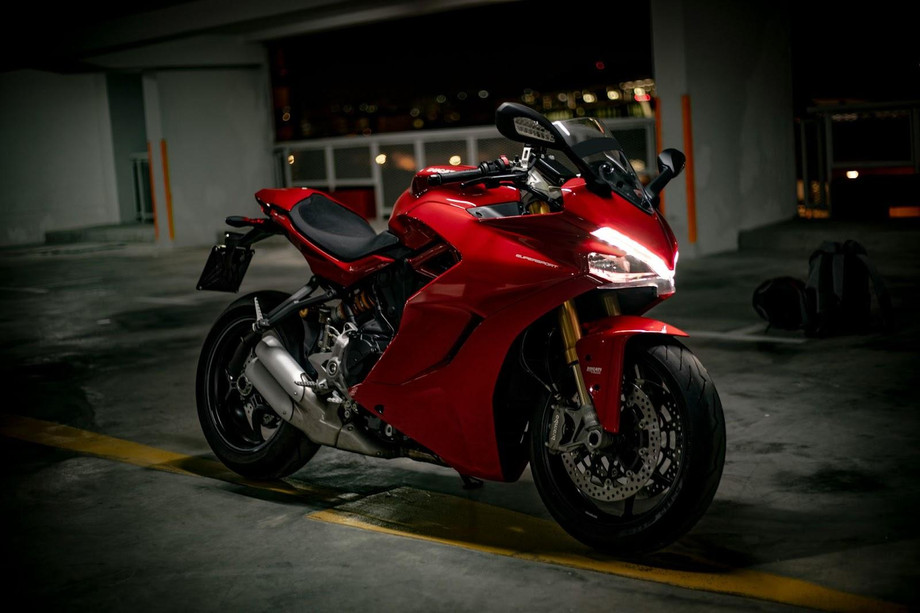More from tavernermotorsports tavernermotorsports
More in Politics
Related Blogs
أرشيف
حصة الاجتماعي
Are All Motorcycle Spark Plugs The Same?
منشور من طرف tavernermotorsports tavernermotorsports
الجسم
At Taverner Motorsports, we frequently encounter the question: are all motorcycle spark plugs the same? The short answer is no. Spark plugs, although small, play a vital role in the performance and efficiency of your motorcycle's engine. Understanding the differences and choosing the right spark plug is essential for maintaining your motorcycle's optimal performance.
Different Types of Spark Plugs
Material Variations
- Copper Spark Plugs: These are generally the most standard and affordable options. Ideal for older motorcycle models, they offer good conductivity but have a shorter lifespan compared to other types.
- Iridium Spark Plugs: Known for their longevity and efficiency, iridium spark plugs offer better performance and are suitable for modern, high-performance engines.
- Platinum Spark Plugs: Offering a balance between longevity and cost, platinum spark plugs are more durable than copper but are generally less efficient than iridium.
Heat Range Differences
The heat range of a spark plug is a critical factor in its performance. It refers to the plug's ability to dissipate heat from the combustion chamber. Selecting a spark plug with the correct heat range for your motorcycle is crucial, as it can affect engine performance and longevity.
Choosing the Right Spark Plug
Selecting the right spark plug for your motorcycle involves considering various factors:
- Motorcycle Manufacturer's Specifications: Always refer to your motorcycle's owner's manual for the manufacturer's recommended spark plug type and specifications.
- Riding Conditions and Style: Your riding habits and conditions also influence the choice of spark plug. For example, iridium plugs might be better for high-performance or demanding riding conditions.
- Engine Compatibility: Ensure the spark plug is compatible with your motorcycle’s engine type. Using the wrong type can lead to poor performance and potential engine damage.
The Impact of Using the Wrong Spark Plug
Using the wrong type of spark plug can lead to several issues, including:
- Reduced fuel efficiency
- Poor engine performance
- Potential engine damage
- Shortened spark plug life
Professional Advice and Installation
For those unsure about the right type of spark plug for their motorcycle, professional advice is invaluable. At Taverner Motorsports, our team of experts can guide you in selecting the appropriate spark plug for your specific model and riding needs. Moreover, we offer professional installation services to ensure that your spark plugs are correctly fitted, enhancing your motorcycle's performance and longevity.
In conclusion, not all motorcycle spark plugs are the same. The right choice depends on your motorcycle's make, mode, and riding habits. By understanding the differences and selecting the appropriate spark plug, you can ensure that your motorcycle operates at its best. For expert advice and comprehensive maintenance services, Taverner Motorsports is your go-to destination for all your motorcycle needs.













تعليقات